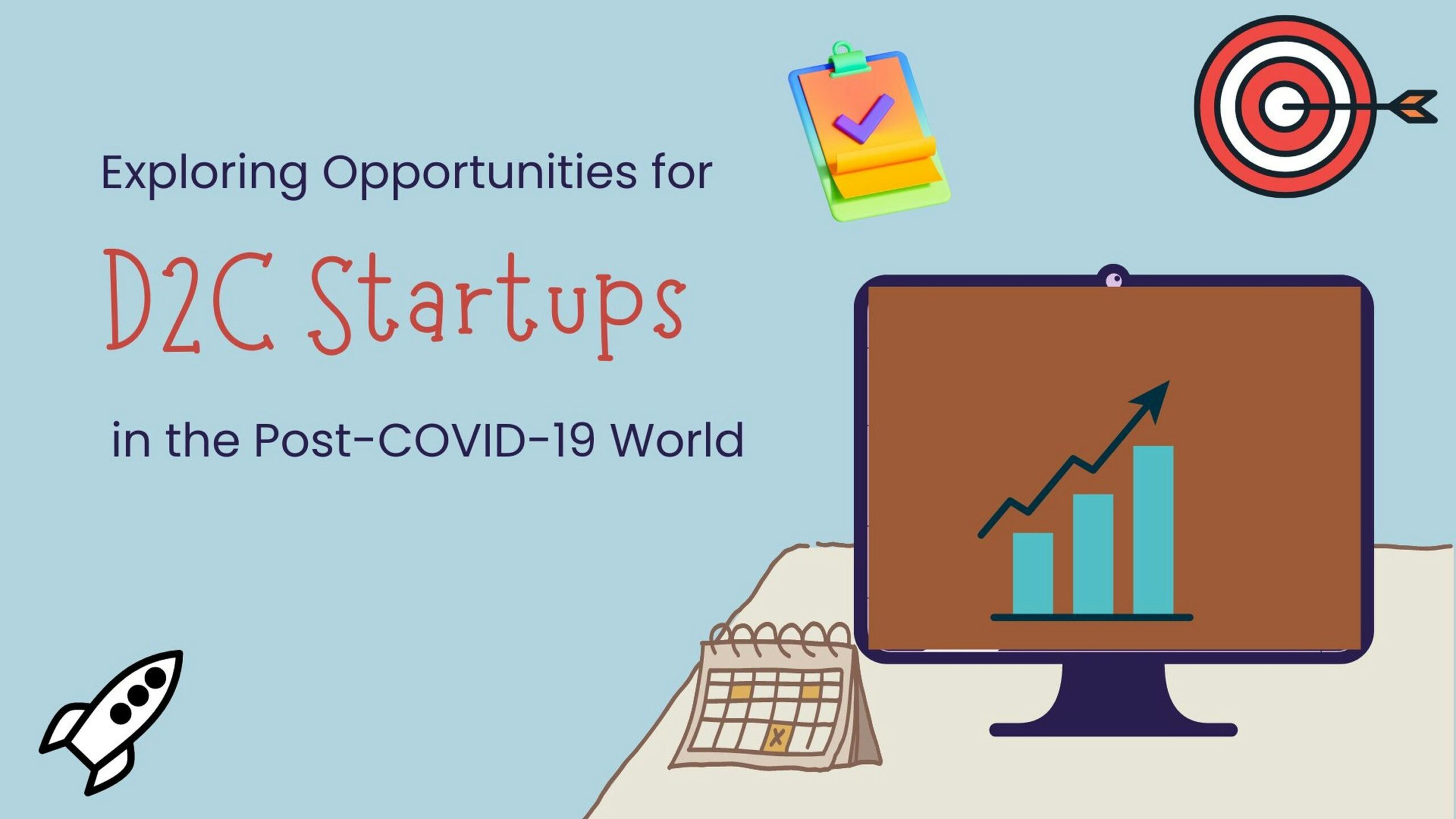Enhancing Your Social Media Marketing Strategy with Automation
August 16, 2025 | by qqvmedia.com


Understanding Social Media Automation
Social media automation refers to the use of technology and software tools to streamline, manage, and analyze social media marketing tasks and activities. In today’s rapidly evolving digital landscape, businesses are increasingly adopting automation to enhance their social media marketing strategies. Automated systems enable marketers to schedule posts, engage with audiences, and analyze performance metrics efficiently, allowing them to focus on creating engaging content and strengthening their brand presence.
A variety of tools are available to facilitate social media automation, ranging from scheduling platforms like Hootsuite and Buffer to analytics applications that help monitor engagement and campaign effectiveness. These platforms not only save time by organizing posting schedules, but they also ensure that content is shared consistently across various channels. This consistency is crucial, as it helps maintain an active online presence, which is vital for audience engagement and brand loyalty.
The benefits of social media automation extend beyond just time savings. By utilizing automation tools, businesses can improve overall productivity, enabling teams to dedicate more resources to strategic planning and creative processes. Additionally, automation allows for better analytics, providing insights into audience behavior and preferences. This data-driven approach empowers marketers to make informed decisions, optimize content strategies, and refine their campaigns based on real-time performance metrics.
Moreover, automation can enhance customer interactions through timely responses and engagement strategies. Automated replies to frequently asked questions can lead to improved customer satisfaction by providing immediate assistance. Overall, adopting social media automation not only streamlines marketing efforts but also drives efficiency, consistency in posting, and enhanced analytical capabilities, making it an essential aspect of modern social media marketing strategies.
Scheduling Posts Effectively
Scheduling posts effectively forms a crucial component of an advanced social media marketing strategy. By preparing content ahead of time, businesses can ensure a consistent online presence, engaging their audience when they are most active. Understanding audience behavior is key; insights from analytics tools can help identify peak times for engagement on various platforms. For instance, businesses might discover that their followers are most active in the evenings or during weekends, providing a strategic window for scheduling posts.
Utilizing automation tools such as Buffer, Hootsuite, or Later can significantly streamline the posting process. These platforms allow marketers to schedule content in advance, tailoring each post to suit the specific nuances of each social media platform. By taking advantage of the features offered by these tools, such as bulk uploading or drag-and-drop scheduling, marketers can enhance their social media marketing efficacy while saving valuable time. Furthermore, the ability to monitor and adjust the posting schedule based on performance analytics can lead to continuous improvements.
Establishing a regular posting frequency is also essential for maintaining audience engagement. This doesn’t mean inundating followers with constant posts, but rather maintaining a well-thought-out timeline that keeps your brand visible. A content calendar acts as a strategic tool in this regard, planning and organizing posts over days, weeks, or even months. This ensures that content is diverse, encompassing various themes, formats, and target messages that resonate with the audience. In addition, a content calendar helps in planning around key dates and events, ensuring that relevant posts are published promptly.
Engaging with Your Audience through Automation
In the ever-evolving landscape of social media marketing, engaging with your audience is paramount to fostering stronger relationships and enhancing brand loyalty. Automation techniques have emerged as vital tools for streamlining customer interactions, thereby allowing businesses to maintain a consistent presence while also addressing the needs of their audience effectively. One prominent example of such technology is the deployment of chatbots for customer service. These AI-driven systems can handle inquiries at any time, providing instantaneous support for frequently asked questions (FAQs) and enabling brands to engage with users when human resources might be unavailable.
Automated responses are particularly advantageous for handling high volumes of customer inquiries. By providing immediate assistance for common questions, businesses can not only improve response times but also free up valuable human resources for more complex issues. This approach ensures that consumers feel acknowledged, boosting their satisfaction and encouraging continued interaction. Additionally, personalized messaging strategies can be integrated into automated systems, enabling brands to tailor communications based on user preferences and behaviors. This service optimization not only increases engagement but also provides a more compelling experience for the audience.
However, it is crucial to strike a balance between automation and authentic human interaction. Over-reliance on automated systems can lead to a mechanistic feel that may disengage users. Successful brands have recognized this need for balance; for example, companies like Hootsuite have effectively combined automation with personal touch by allowing users to choose when to engage with human representatives. This hybrid approach fosters relationships by demonstrating empathy and understanding towards customer needs while still leveraging the efficiencies that automation offers. By thoughtfully implementing automation in social media strategies, businesses can enhance engagement and create meaningful connections with their audience.
Analyzing and Optimizing Performance
In the realm of social media marketing, data analytics plays a pivotal role, especially when integrated with automation technologies. By utilizing automated analytics tools, businesses can effortlessly track key performance metrics such as engagement rates, return on investment (ROI), and audience insights. These metrics are crucial for understanding the effectiveness of marketing campaigns. Automated tools allow marketers to gather data in real-time, enabling them to respond quickly to trends and shifts in audience behavior.
To effectively analyze this data, businesses should focus on identifying patterns and correlations that can inform future marketing strategies. For instance, by examining which posts garner the highest engagement, companies can tailor their content to align more closely with audience preferences. Similarly, tracking ROI allows marketers to evaluate the financial viability of various campaigns, providing insights into which methods yield the best returns. This approach not only enhances decision-making processes but also allows for more targeted content creation and placement.
Moreover, interpreting data accurately requires a keen understanding of analytics tools and methodologies. Marketers should invest time in learning how to use these instruments efficiently to extract valuable insights. This level of expertise enables businesses to optimize their social media marketing efforts continually. One effective best practice is to conduct regular performance reviews, adjusting strategies based on concrete data findings rather than assumptions. Continuous analytical reviews can reveal both strengths and weaknesses within campaigns, prompting necessary adjustments to enhance overall performance.
In conclusion, the integration of automated analytics into social media marketing strategies is essential for optimization. By systematically tracking and interpreting performance metrics, businesses can adapt their approaches, ultimately leading to improved engagement, higher ROI, and a better understanding of their audience. This commitment to data-driven strategies will pave the way for sustained success in the competitive social media landscape.
RELATED POSTS
View all


